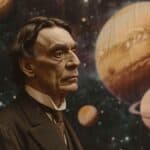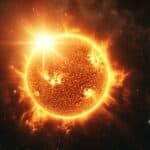
Humanoid beings incarnated on Maldek
Maldek used to be located between Mars and Jupiter, where the asteroid belt now lies.

Earth as a Project
Earth is a collaborative project involving various extraterrestrial stakeholders.
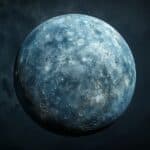
Uranus
Uranus was discovered by William Herschel in 1781. It was the first planet found with the aid of a telescope.
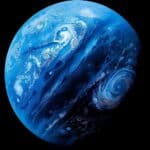
Neptune
Neptune making for those of the MYSTIC, especially influencing this entity in the respect that those forces as come from that as may be termed odors
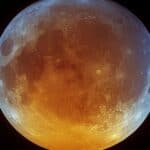
Venus
Venus has a slow rotation and spins in the opposite direction to most planets in the solar system.

Mercury
Mercury has a highly elliptical orbit and is about 58 million kilometers away from the Sun at its closest point.
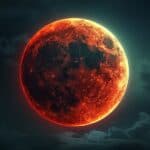
Mars
Mars is the fourth planet from the Sun and the second smallest in our solar system, after Mercury
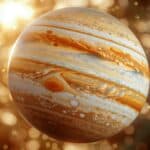
Jupiter
Jupiter is the fifth planet from the Sun and the largest in the Solar System. A gas giant, Jupiter’s mass is more than two and a half times that of all the other planets in the Solar System combined and slightly less than one one-thousandth the mass of the Sun. Cayce about Jupiter Here’s what … Read more
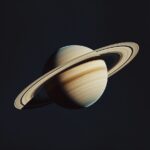
Saturn
In Steiner’s cosmology, “Ancient Saturn” is not the physical planet we know today, but rather the first stage in the evolutionary sequence of the Earth.
Rudolf Steiner’s lecture offers an intricate and esoteric perspective on the planets, particularly focusing on the stages of cosmic evolution.
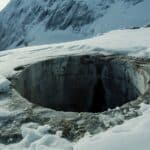
Is the earth hollow?
The Hollow Earth theory is a concept proposing that the planet Earth is entirely hollow or contains a substantial interior space.
The moon, revered in mythology, symbolizes deities, time, and fertility in cultures worldwide, impacting calendars, navigation, and religious practices.
The sun and the moon represent alchemical gold and silver.
Earth is the third planet from the Sun in our solar system. It’s located in the Milky Way galaxy, which is a barred spiral galaxy.
